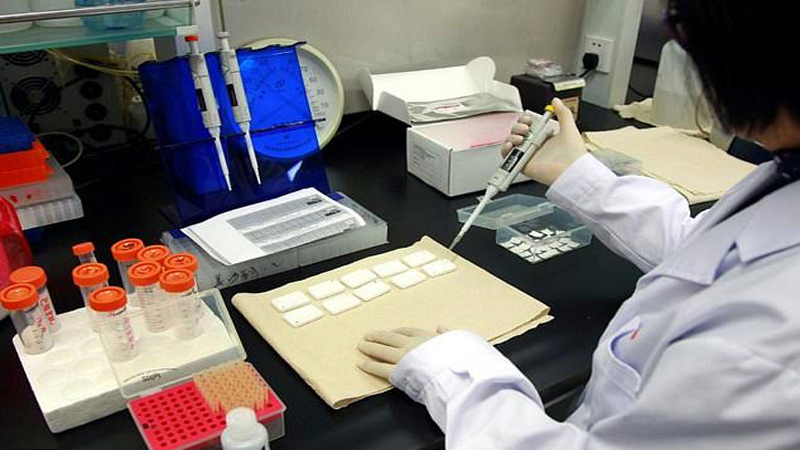China gene babies’ mutation linked to higher mortality: study


Chinese researcher He Jiankui last year provoked widespread outrage among doctors by unveiling the results of an experiment he conducted to alter the DNA of twin girls, prompting authorities in Beijing to announce a moratorium on the practice.
He used a gene-editing tool known as Crispr to insert a mutated variant of a CCR5 gene — known as Delta32 — into the girls’ chromosome at the embryo stage meaning they are now immune to the AIDS-causing HIV virus.
But a new wide-ranging study of genetic make-up and death registry information suggests individuals carrying the D32 mutation face a 20-percent higher risk of early death compared with the global population.
Researchers from the University of Berkeley California examined the health data of 409,000 people of British ancestry and looked at whether or not they possessed the mutation, which occurs naturally in around one percent of the population, and how and when they died.
After correcting for the ages of those involved, they found those with the mutation were 21 percent more likely to die before the age of 76 than those who did not.
They found that D32 possessors were significantly more likely to die from diseases that are far more common than HIV, notably influenza.
“The cost of resistance to HIV may be increased susceptibility to other, and perhaps more common, diseases,” the study’s authors wrote.
Leave a Comment